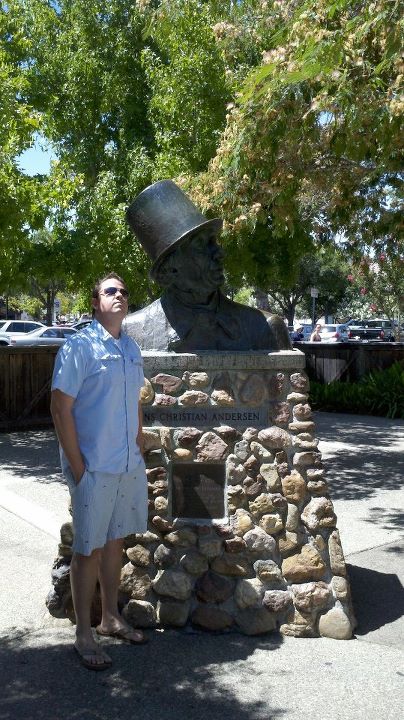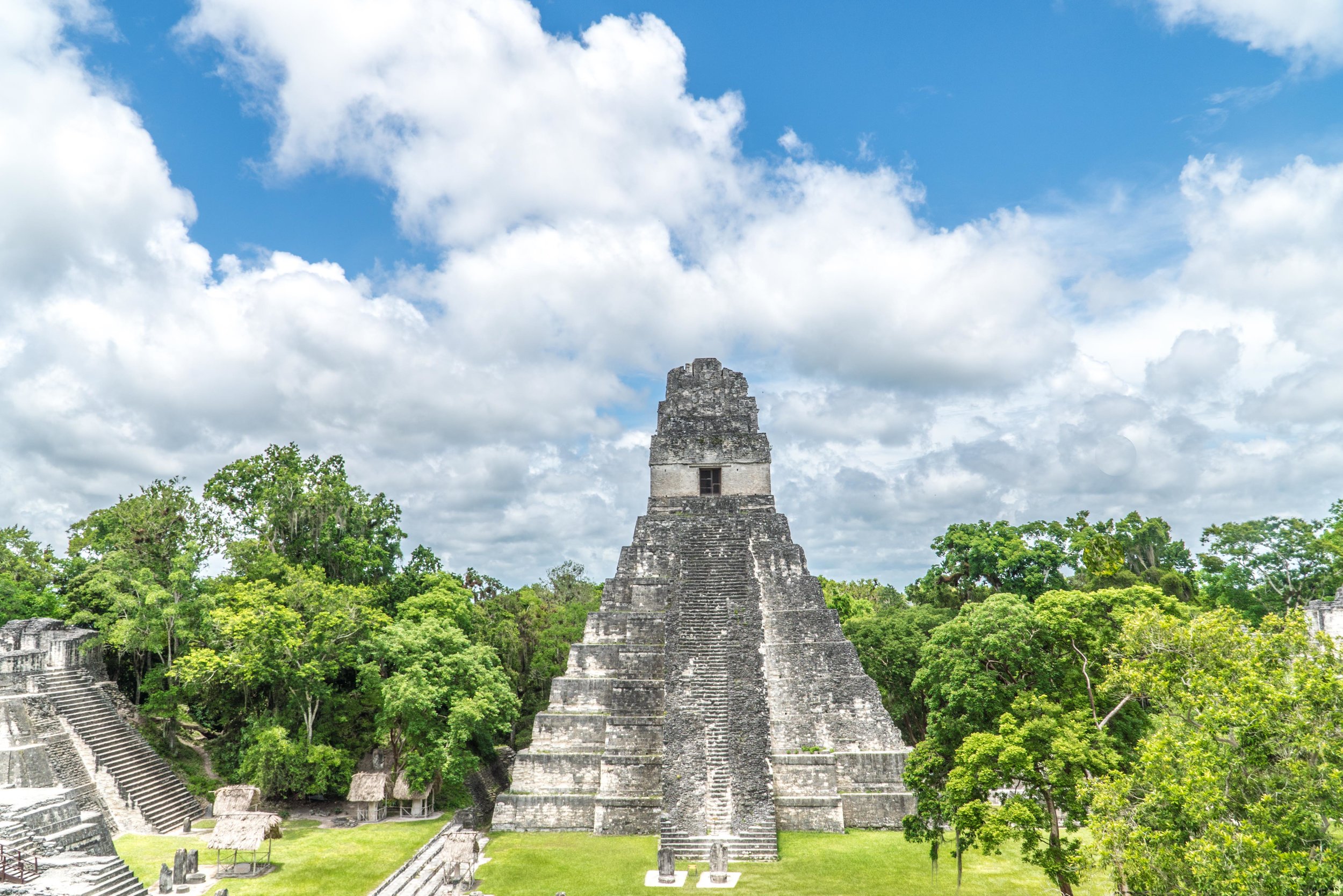The Philosophy of Travel: Are Travelers Happier People?
All I've ever known is travel. I flew on an airplane for the first time when I was five and by myself for the first time when I was seven. By the time I graduated high school I had been to all but a handful of U.S. states and by the time I graduated college, I had traveled abroad a few times. I'm incredibly fortunate and I owe my family so much thanks for turning me on to a love for travel.
All that to say that I can't relate at all to people who tell me they've never flown on a plane or don't have a passport. I'm not pretentious about it, but I'm just taken aback because travel has always been such a significant part of my life. Yet I sometimes wonder what onlookers really think of me and other travelers who are so frequently extolling the virtues of travel. "There goes Spencer again talking about travel. He's drinking the Kool-Aid and he doesn't even know it. Bless his heart." Like are these the types of conversations that people who don't like travel have among themselves. Do intrepid travelers have a cultish nature about them? We must not because I typed in "Are travelers a cult" into Google and no results were found - because you know if it's not on Google it's not real.
This question of whether travelers are happier people or not is based on observing my own travels, as well as reading comments and emails from readers who don't have the same feelings about travel as I have. After hearing how many U.S. adults don't use most of their vacation days, I wrote a post last year asking if Americans simply don't like to travel.
Few posts have gotten as many comments as that one did, with some commenters describing how travel hasn't been all that satisfying. One reader remarked that work is a lot less stressful than a one-week vacation abroad. Yet another reader commented that he didn't see the point of travel and that it had never left an impact on his life in any way. So does travel not make people happier? Or are all of us intrepid travelers just drinking the Kool-Aid?
A Business Insider article discussed 15 scientifically-proven things that make people happier and travel was one of them. In the article, researcher Bruce Heady of the University of Melbourne stated that "prioritizing success and material goals" can be harmful to one's life. However, that says more about material goods than it does about travel. If we trade material possessions for travel experiences, will that in turn make us happier?
The U.S. Travel Association published an article on the benefits of travel and taking vacation, featuring statistics from multiple sources. One such statistic was from Ypartnership's "National Travel Leisure Monitor," which revealed that 82% of affluent leisure travelers consider vacation important to their well-being. A study of University of Tennessee employees in Dr. Mel Borins' book, Go Away: Just for the Health of It, revealed that life satisfaction increases during vacation and then continues upon returning. These statistics appear to point toward a correlation between travel and one's happiness.
But if travel really does increase happiness, why don't people travel more? Worldwide, one-third of people don't use up all of their vacation days, with that number being much higher in some countries, according to a Reuters article. The same article cited that in the U.S., less than half of Americans use all of their vacation days. If people really are "gravitating more toward experiences than possessions", as this New York Times article put it, then why aren't people traveling more and why is Apple reporting record profits and doubled iPhone and iPad sales? Is it money? Because the iPad 2 starts at $499, which is the same price as a long weekend of a Living Social Escape on a British Columbia houseboat or round-trip flight this summer to St. Lucia.
A year and a half ago I merged my dreams of travel and writing into one to set off on a 9-month trip. I was a mess. I was not happy and I knew something big had to change. Knowing some of my happiest moments in life had come while traveling, such as spending the winter holidays one year in Paris and living and traveling around South Africa for two months, I decided that the big change was going to be a stint of travel. I didn't go into it expecting to turn my frown upside down, but went into it with few, if any expectations. The conclusion: The person I came back as 9 months later isn't the person I left as. I came to see that the world was in fact beautiful - more beautiful than I had ever imagined and it took that trip for me to realize it. It gave me a sense of satisfaction and fulfillment like nothing else ever had. No job, girl, or trophy had given me the satisfaction that that trip gave me.
If you start traveling more, will you become a happier person? I can't answer that for you. All I know is that for me, travel makes me a better person, whether it's a few days or a few months. I come back from a trip refreshed, invigorated, happy, and with a new outlook on the world around me. But I can't say that it will have the same effect on you. I told you about the readers who have traveled extensively, but who haven't been affected by it. But what I do know is that people want to do what makes them happy. Humans go to great lengths, no matter what the cost, to strive for happiness. I also know that with my final dying breaths, you will NOT hear me utter the following words: "I wish I would've just been at home more, spending more time working and watching television, rather than all that time spent traveling."
What effects do you think travel has on your well-being?













